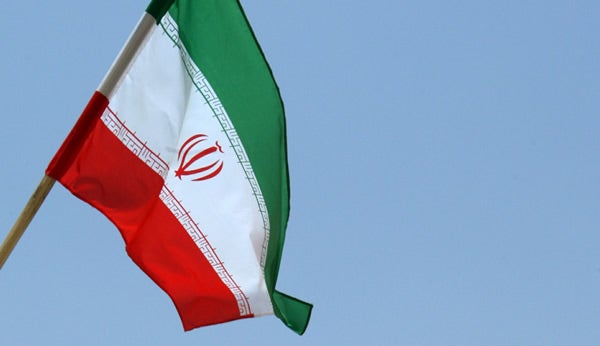Iran Clamps Down on Dissidents Before Election
Helle Dale /
In anticipation of Friday’s presidential election, Iran’s leadership has harshly cracked down on journalists, dissidents, and cyber activists, as well as members of their families. The regime is leaving nothing to chance, determined to avoid a replay of the surprise demonstrations that followed the 2009 presidential election and led to the rise of Iran’s dissident Green Movement. Whether the issue is Iran’s nuclear and missile programs, ambitions for regional dominance, or domestic human rights abuses, the Iranian regime presents an international problem that continues to defy the Obama Administration and its allies.
Iran’s vicious crackdown on journalists and known dissidents over the past few months is an attempt to preemptively punish Iranians who might have been planning to advocate dissent. It is already clear that the election result will be rigged, as numerous candidates have been disqualified and any discussion of national security issues banned.
Currently, 25 journalists and 26 “netizens” are imprisoned in the Islamic Republic. Newspapers are undergoing severe censorship, and speech is even less free than usual. The number of other imprisoned dissidents is hard to pin down, but the number of arrests has certainly been increasing. By some estimates, there are roughly 2,600 “prisoners of conscience” imprisoned in Iran today, a staggering number. In addition, the Iranian regime is also intensifying its efforts to restrict Internet access, presumably in anticipation of the release of Iran’s new national internet.
Among the media organizations targeted are the U.S.-funded Radio Farda, which employs mostly exiled Iranian journalists. As reported by Radio Free Europe/Radio Liberty, family members of Radio Farda journalists have been harassed severely. According to Radio Farda’s director Armand Mostofi, security forces are pressuring relatives of Farda employees to urge them to sever connections with Farda, and have brought relatives in for interrogation at least nine times. Farda journalists have been targets of cyber attacks by the Iranian regime.
The U.S. government dropped the ball following the last Iranian election, failing to support the first independent political movement Iran has seen in years, a precursor of the uprisings against autocrats that would soon shake the Arab world. This time around, the Obama Administration is fairly warned of what may come in the aftermath of the vote on Friday, and cannot claim to be taken by surprise. Standing with Iran’s beleaguered advocates of freedom and human rights this time is an imperative.

